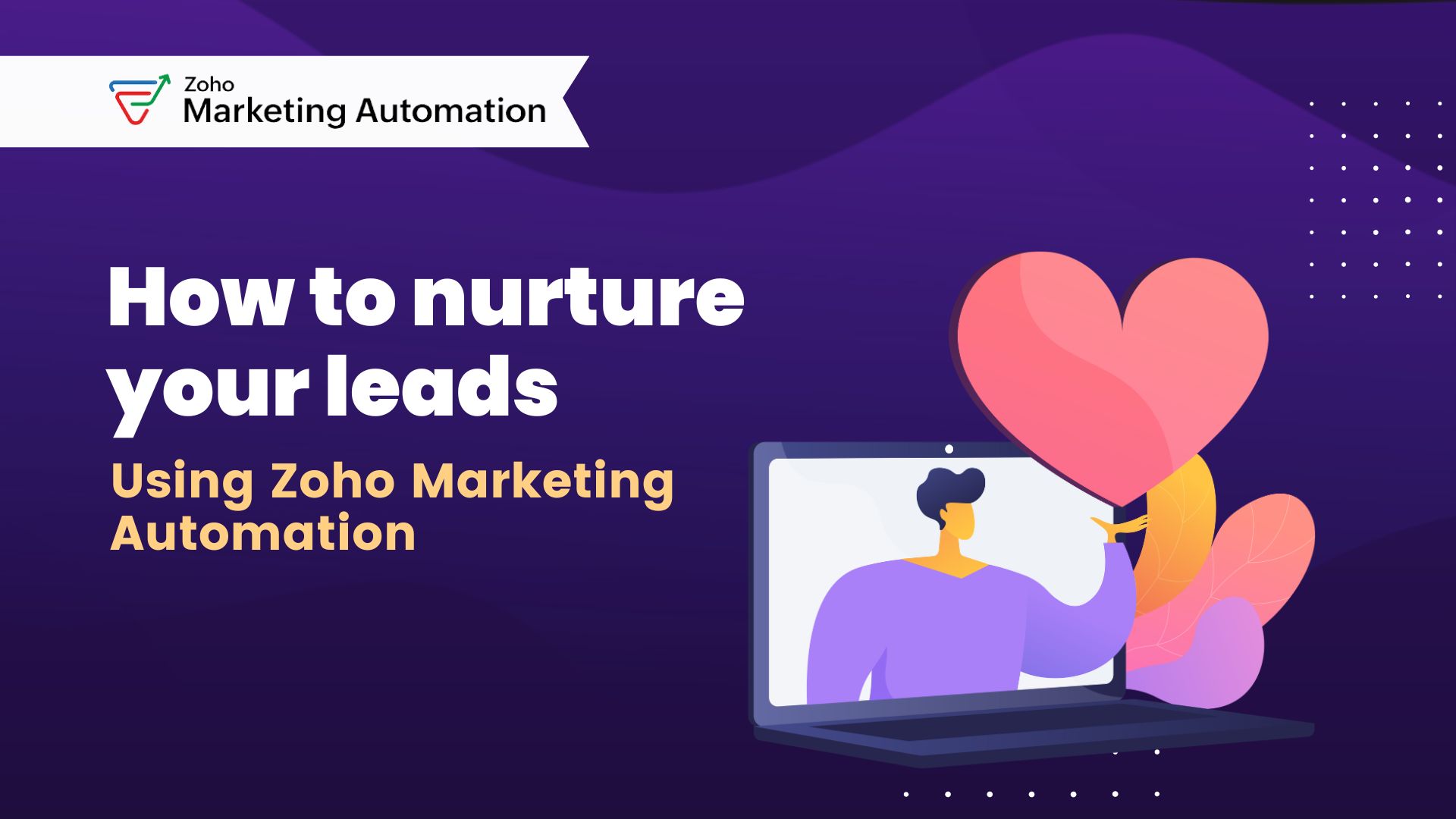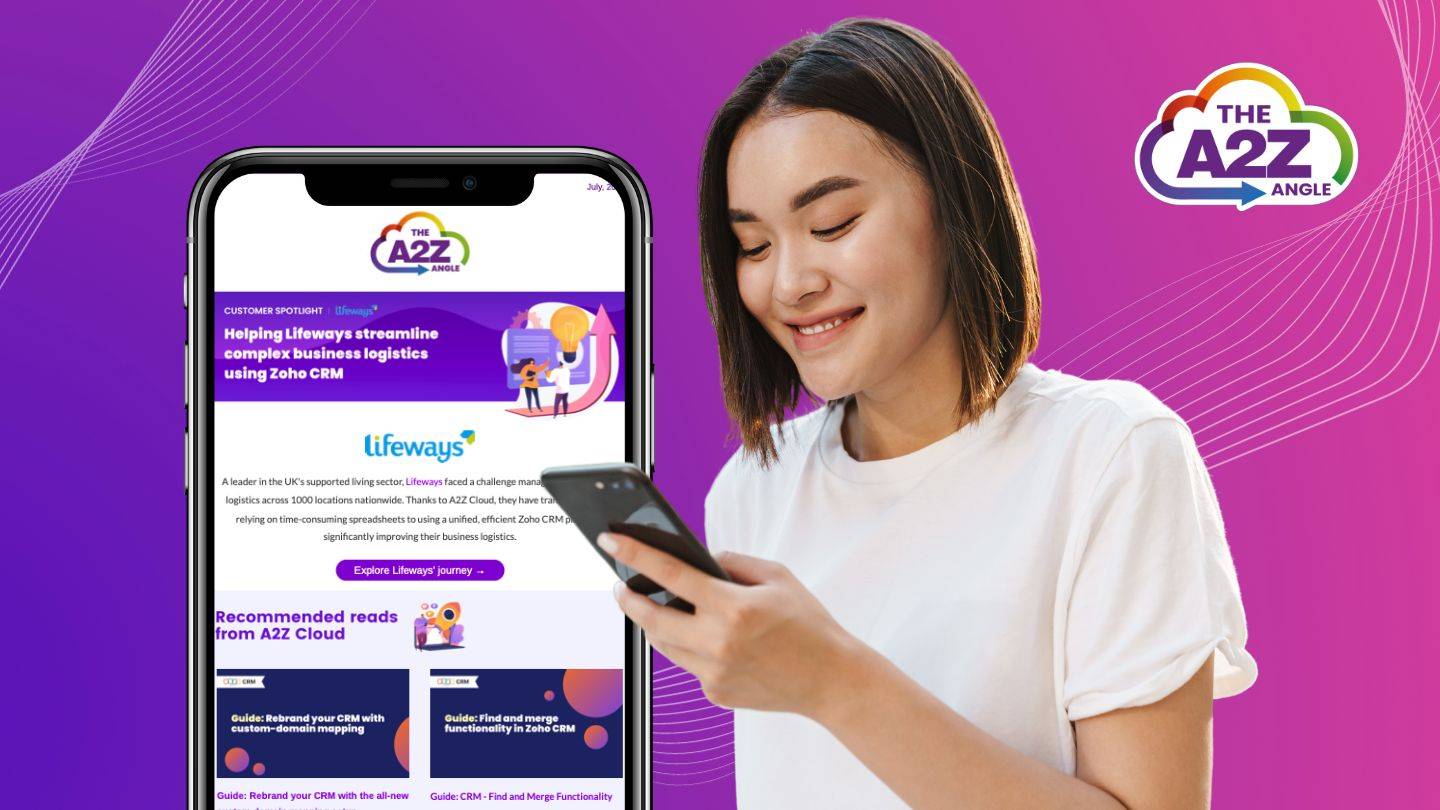Mental Health Awareness Week
May is Mental Health Awareness Month, with Mental Health Awareness week running from the 10th – 16th, and there has never been a more important time to centre this topic.

Mental Health Awareness Week
By Emma Tanner | Sales and Marketing Assistant | 13-MAY-2021
With the lockdown easing, but the pandemic raging on, Mental Health has been at the centre of our national conversation. The latest report from the Office of National Statistics confirms that one in eight adults in the UK developed moderate to severe depressive symptoms during the pandemic, with 6.2% continuing to feel the effects of those that were pre-existing. Of those people, 84.9% of them said that the most common way their well-being was being affected was feeling increasingly stressed or anxious, and It’s easy to understand where those feelings may be coming from. With the pandemic raging on, many of us were forced to work from home, potentially for the first time, and as we move forward into recovering nationally, it’s important that we don’t ignore the mental health of our employees.
On a more economic side, there is real data that supports promoting a mentally healthier workforce. The Centre for Mental Health estimated that mental health problems alone cost the UK economy £34.9 billion during 2016, and that figure can only be expected to rise. £21.2 billion of that alone was attributed to ‘presenteeism’, where an employee is physically present at work, but unproductive, due to stress, exhaustion, burnout or a combination of issues. The solution for this is a collaboration (as most workplace issues are) between employers and employees, looking at ways to increase productivity in a healthy and sustainable way, on a micro and macro scale.
We spoke to Jack Welsh, Solutions Architect here at A2ZCloud, who has made mental health a focus in his life and was willing to talk to us about steps he has taken to improve his mental health and productivity on an individual level.
Jack used to post about mental health and wellbeing on his social media, but he admits “I don’t have social media anymore. I still have the accounts I just haven’t logged into them all year”.
The negative long-term effects of social media addiction is a topic that is sparking more conversation as major social networks gain the attention of national governments. It isn’t really surprising that this is the result of long term usage of platforms like Twitter, Facebook and Google (specifically YouTube) whose bright colours and pull-down-to-refresh infinitely scrolling feeds were allegedly inspired by slot machines. A study from the American Economic Review on 1,600 American adults published in March of 2020 suggested that only 1 month away from Facebook alone lead to a significant improvement in emotional well-being overall. Most of us probably know, on some level, that endlessly scrolling social media is bad for us (they call it “doomscrolling” for a reason) but it is important to be reminded that ensuring we have a healthy relationship with social media has to be a priority.
Jack says that he had initially deleted social media apps while focusing on projects at University. “I would spend 8 hours a day on my phone,” he explained, “I would delete them for that reason, because there is no benefit for me to just scroll through Instagram and social media all-day every-day”.
So, when his mental health took a dip, he turned to the same solution. “I don’t know why I thought deleting social media would help,” he says, “but it did, because I spent less time doing nothing and I filled that time doing things I actually enjoyed doing”. Jack thinks of this as investing in himself, allowing him to do activities that bring him joy, like going to the gym, playing guitar or enjoying music.

For Jack, being unproductive drags him down, “I feel less productive when I’m just sat scrolling through social media. Even if it’s just an hour. […] Naturally, you’ll just do something else within that hour, and you feel more productive for doing something else”.
Of course, this is just one avenue to improving your mental health. Here are a few more:
– Make sure you’re taking real breaks. Going all-out at work is good, but impossible to maintain. Ensure you’re taking regular breaks to be away from your screen and try to go outside when possible (the theme of this year’s Mental Health Awareness Month is nature, after all).
– Try to learn the physical signs when you are overwhelmed or stressed. Poor mental health can manifest in any number of ways, from dizziness, shortness of breath, panic attacks or just negative mental spirals and difficulty focusing. Try not to minimise these things and look into coping strategies like Mindfulness and Meditative breathing.
– Take time to do things you love and move your body. We’re taking a lesson from Jack here. Physical exercise like going to the gym or on walks has been proven time and time again to be positive for mental health, but also make activities you love a priority, like playing instruments, watching Netflix or listening to music. Talking to friends and family, even remotely, is important too!
– Be honest with your employer. If your mental health is worsening or you have a long-term mental health condition, it can be challenging to be honest about it with your employer. However, they can make real, daily changes to your work environment to help you improve. This could be making a “Wellness Action Plan” to help you long-term, or merely moving short-term workload around to give you some breathing room.
– Ultimately, having a work/life balance is key. Make sure you’re making firm boundaries between what is work and what is your personal time. No answering emails in bed! Try to separate the two parts of your life as much as possible by taking lunch away from your desk or muting work group chats after you have clocked out for the day.
This way, you can focus on the things that relax you and try to move away from constant work hyper-vigilance.
Of course, it is always important to emphasise that if any symptoms, either physical or mental, persist after a few months or you feel you cannot continue, always go to a GP or mental health charity who can help you access long term support. You are never alone in this and there are plenty of people out there who understand and are ready to help you.
Here are some links to mental health charities in the UK that have further advice for if you or someone you know is struggling:
HubofHope (a service that will help find mental health services near your location in the UK)
Want more?
Why not read our blog for some free insights or get in touch with us if you have questions.
Share this article
Join the A2Z Angle
Looking to stay ahead of the curve in the fast-paced world of tech? Look no further than A2Z Cloud's monthly newsletter. Join us today for exclusive access to deep dives on all the techie subjects you crave, with must read content from our top partners, plus exciting event announcements and inspiring customer stories.
It's all delivered straight to your inbox, once a month only, so you never miss a beat. Sign up below.
















